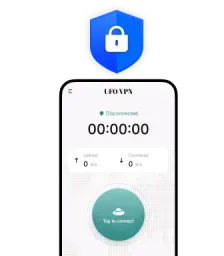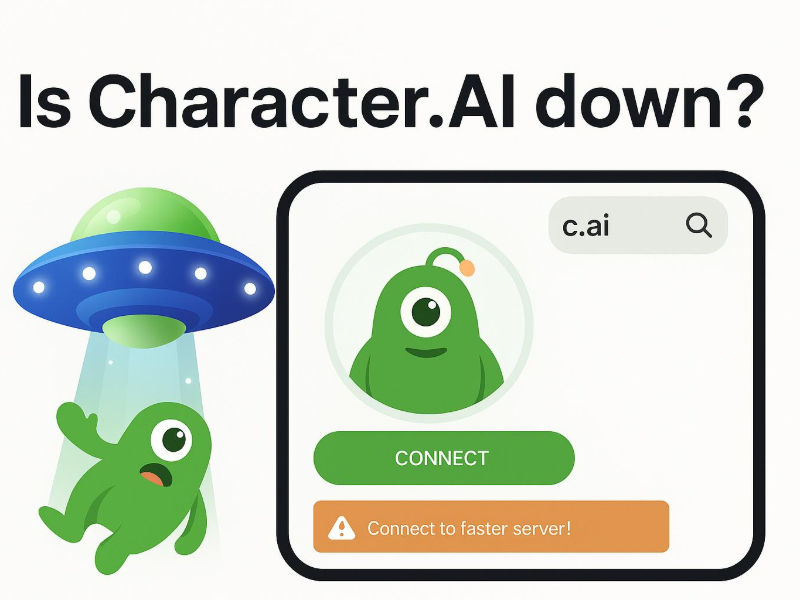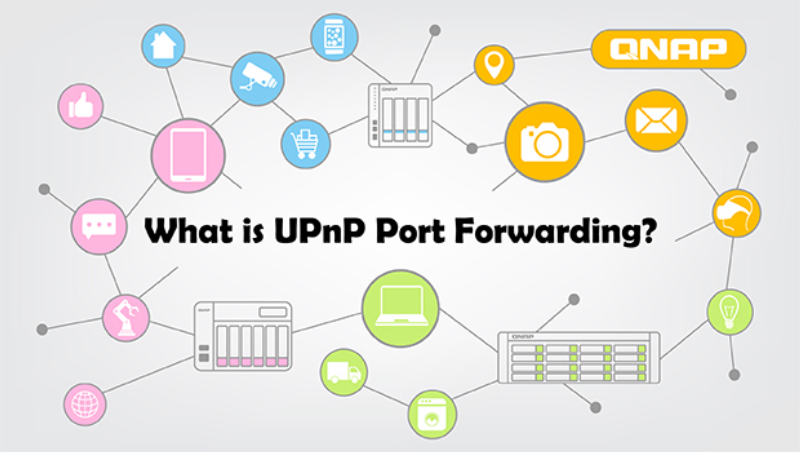VPN Legality in India: What You Need to Know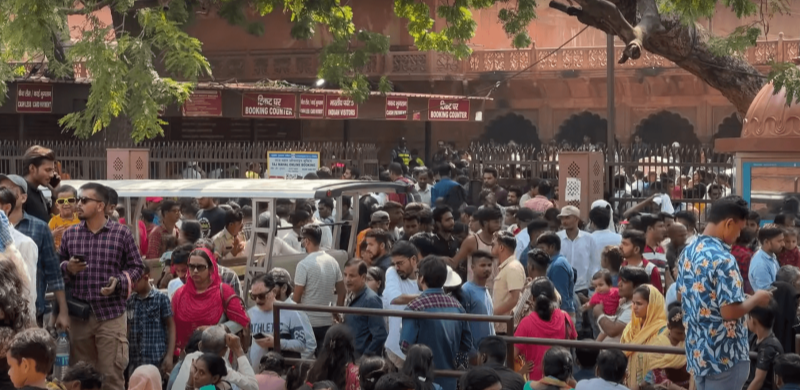
India’s 2022 CERT-In directives require VPN providers to log user data for 5+ years—a rule most foreign providers circumvent by operating outside Indian jurisdiction. Here are the key facts:
Legal Status of VPNs
- Personal Use:
VPNs are legal for individual use as a tool to enhance online privacy and secure communications. - Prohibited Activities:
Using VPNs for illegal activities such as cybercrime, fraud, or piracy is strictly forbidden and subject to severe penalties. - Government Oversight:
The Indian government has set strict guidelines to monitor and control the use of VPNs, ensuring they aren’t misused for bypassing lawful restrictions.
CERT-In Directives and Their Implications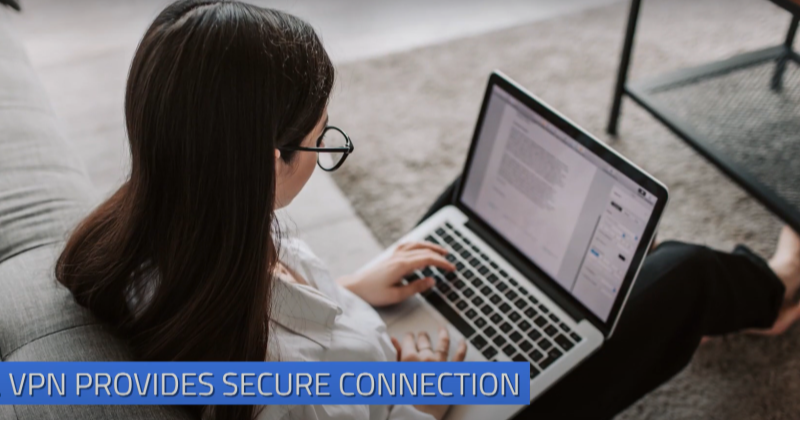
In 2022, the CERT-In (Computer Emergency Response Team – India) issued directives that have a significant impact on VPN providers and users in India.
Key Points of the CERT-In Directives
-
- Mandatory Data Logging:
VPN providers are required to log user data for a minimum period of 5+ years. This is intended to help law enforcement agencies track illegal activities but raises concerns about user privacy. - Jurisdictional Challenges:
Many foreign VPN providers, such as UFO VPN, circumvent these directives by operating outside of Indian jurisdiction. This allows them to maintain a strict no-logs policy and protect user privacy more effectively. - Enforcement and Penalties:
Although the directives target providers, individual users might also face scrutiny during public crackdowns, especially if they engage in activities that violate local laws.
- Mandatory Data Logging:
Why Use a VPN in India? 5 Key Benefits
Using a VPN in India offers several advantages that enhance your online experience and security:
- Bypass Censorship:
Access blocked sites like TikTok, PUBG, or critical news platforms. - Secure Public Wi-Fi:
Encrypt data on unsecured networks at cafes or airports. - Stream Globally:
Watch Netflix US, Disney+ Hotstar, or global free streaming platforms without geo-restrictions. - Avoid Price Discrimination:
Book flights/hotels at local rates rather than inflated tourist prices. - Protect Activism:
Safeguard journalists and whistleblowers from surveillance.
Key Considerations for VPN Users in India
When selecting the Best VPN in India, balance functionality with legal compliance. Here are some essential considerations:
Choosing the Right VPN
| Feature | Importance |
| No-Logs Policy | Ensures the provider doesn't store activity or connection logs, keeping your data private. |
| Obfuscation | Masks VPN traffic to evade ISP throttling or blocks, crucial in high-surveillance environments. |
| Local Servers | Fast Indian servers for accessing domestic content, like Hostar. |
| Kill Switch | Block internet traffic if the VPN disconnects, preventing accidental IP leaks. |
Staying Informed and Safe
- Regular Updates:
Keep your Best VPN app updated to benefit from the latest security features and compliance information. - Educate Yourself:
Stay informed about changes in Indian digital laws to adjust your online practices accordingly. - Backup Plans:
Consider alternative methods for accessing content or securing your data in case of sudden regulatory shifts.
Setting Up a VPN in India: A Step-by-Step Guide
Follow these steps to set up your VPN and maintain online security in India:
With 3000+ server in over 100 countries, UFO VPN is open to download as a free iPhone VPN, free Android VPN(with VPN APK), free Windows VPN and free Mac VPN. Install the app and sign up or log in.
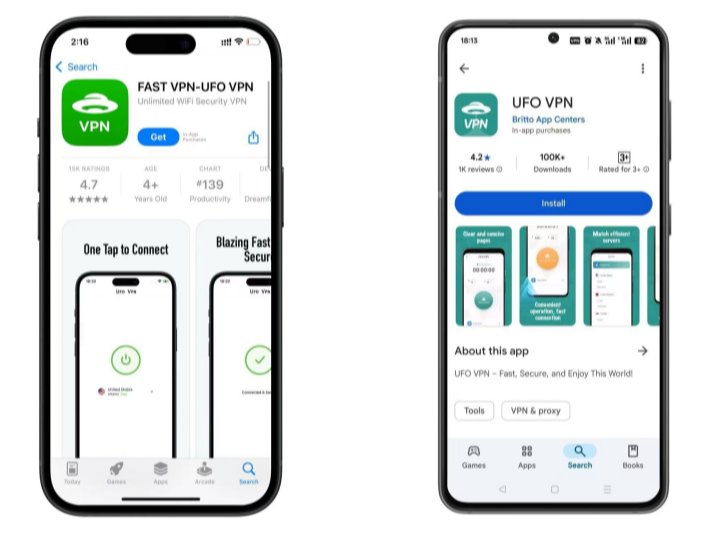
Open the app, choose a free server locationwhere your desired streaming/gaming/browsing platform is available.
We recommend free USA VPN, free UK VPN and free Australia VPN.
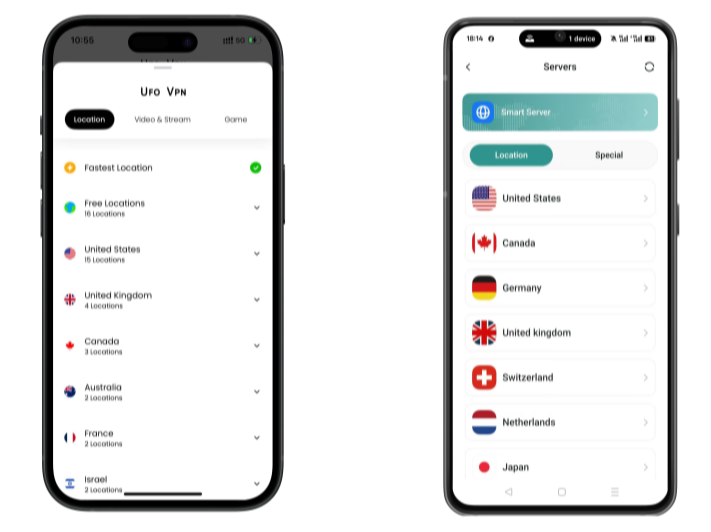
Pro Tip
UFO VPN is compatible with popular platforms in gaming and streaming as CODM VPN, PUBG VPN, Netflix VPN and more!
After connecting, visit What is My IP tool to see your current location and ensure your real IP is visible.
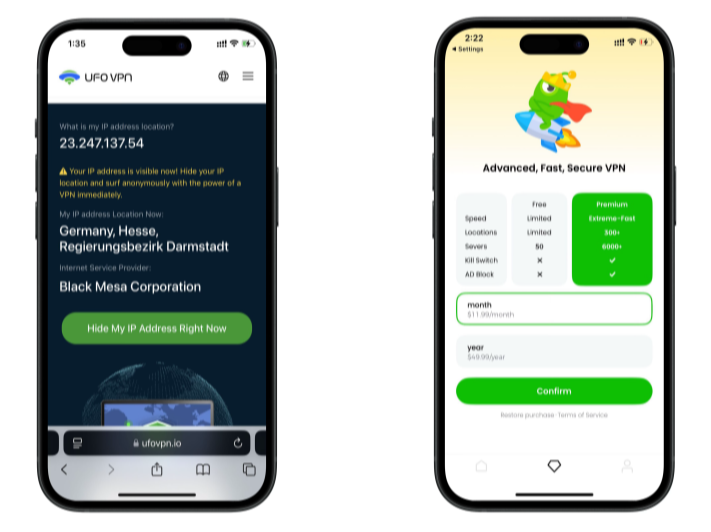
With all set, visit your favorite platform and start browsing without geo-blocks or buffering!
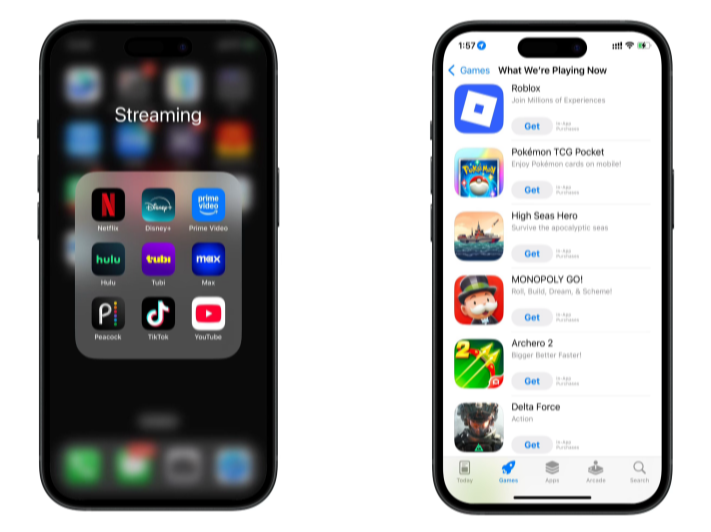
💖Bonus Tips💖
Risks of Using a VPN in India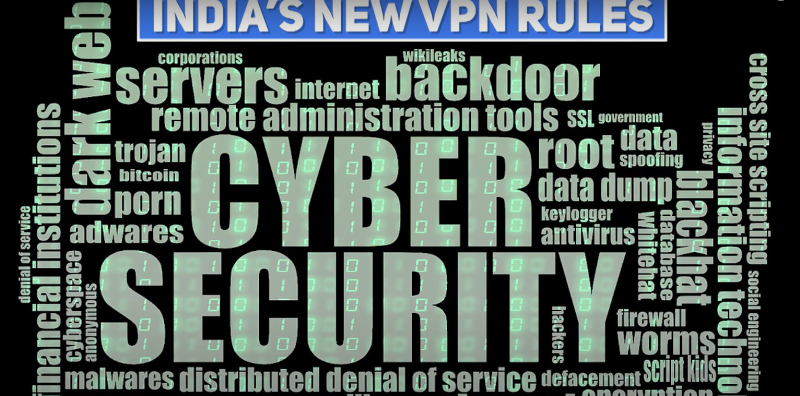
Be aware of the potential risks when using VPNs in India:
Common Risks
- Throttled Speeds:
ISPs like Airtel and Jio may slow down VPN traffic during peak hours. - Legal Gray Areas:
Using VPNs for torrenting or activism might attract scrutiny. - Fake VPNs:
Free VPN tools often log data, sell your information, or inject ads.
FAQ: VPNs in India, Answered
Q: Can the Indian government track me if I use a VPN?
A: Only if the VPN keeps logs. UFO VPN’s no-logs policy ensures your activity stays private.
Q: Are VPNs banned during elections or protests?
A: Temporarily, yes. Use obfuscated servers to bypass blocks during such times.
Q: Which VPN protocols work best in India?
A: WireGuard (for speed) and OpenVPN (for reliability) perform well under Indian network conditions.
Q: Will a VPN slow my internet in India?
A: Premium services like UFO VPN minimize lag with optimized servers.
Conclusion
While VPNs remain legal in India under strict state oversight, navigating the country’s digital landscape requires a provider that balances privacy, speed, and accessibility. With features like obfuscation, no-logs policies, and dedicated Indian servers, UFO VPN empowers users to bypass censorship, secure their data, and stream content freely.

